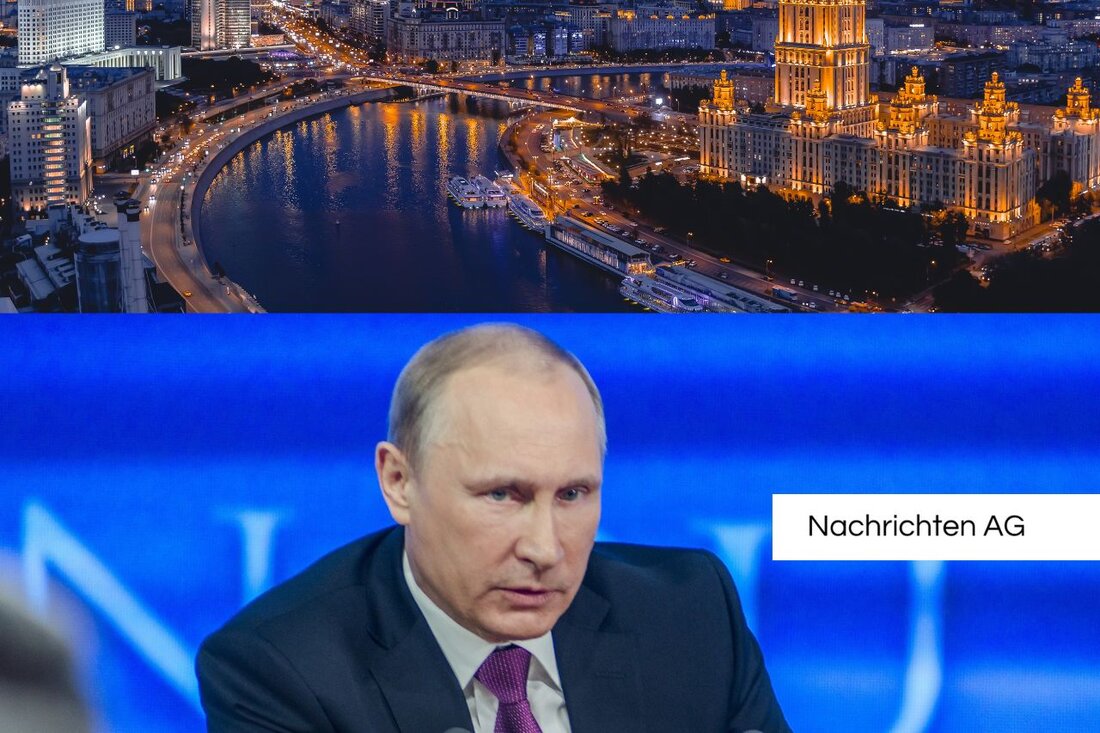Russia's 133 attacks: Ukraine calls for ceasefire before peace talks!

Russia's 133 attacks: Ukraine calls for ceasefire before peace talks!
On Monday, May 13, 2025, Russia started an immense military offensive in Ukraine. A total of 133 attacks were recorded on various fronts. The general staff in Kiev reported that 50 of these attacks at the small town of Pokrowsk in the Donetsk area were successfully warded off. 45 air strikes and numerous attacks with Kamikaze drones were reported, but the exact information could not be verified by independent places. In the middle of these intensive fighting, the governments of Ukraine, the USA and several European countries of Russia demanded an immediate fire break to create the possibility of peace negotiations.
However,Russia decisively rejected these claims. Kremlin spokesman Dmitri Peskow explained that Ultimats were unacceptable for Russia. Instead, the Ukrainian government is ready to initiate a 30-day ceasefire. Foreign Minister Andrij Sybiha emphasized the willingness of a complete, unconditional ceasefire, which should not only apply to land, but also in the air and at sea. A prerequisite for this ceasefire would be that Russia agrees and ensures effective surveillance to enable the conversations.
international reactions and conversations
in the hope of a de -escalation, there were intensive political conversations. The Ukrainian President Wolodymyr Selenskyj met with leading European politicians, including Chancellor Friedrich Merz, France President Emmanuel Macron, Polish Prime Minister Donald Tusk and British Prime Minister Keir Starmer. Together they appealed to US President Donald Trump, who should also support the demand for a ceasefire. Merz announced that new sanctions are being prepared if Russia should not agree to the ceasefire.
Macron pointed out that the monitoring of the ceasefire should mainly be carried out by the USA and with the support of European countries. Tusk expressed the unit will of the free world to support Ukraine, which was also confirmed by Straers. EU Commission President Ursula von der Leyen also called for the implementation of the ceasefire proposal and threatened with further sanctions for violations.
economic effects of the conflict
In parallel to military and political developments, the Bundesbank analyzes the overall economic consequences of a possible war, including the possible effects of an energy embargo against Russia. In a more pessimistic scenario, the real gross domestic product (GDP) in Germany could be up to 5% lower compared to the forecast of the European Central Bank (ECB) in March. The decline compared to the previous year could be almost 2%.Inflation could be more than 1½ percentage points in 2022 and 2 percentage points in 2023 higher than predicted by the ECB. Price increases in energy could be the main cause, while the uncertainties regarding the events are high risks to the economic forecasts. In the case of a complete embargo in terms of energy, the energy costs could increase drastically, with possible price increases in the crude oil area over $ 170 per barrel. The Bundesbank warns that such a development could also have significant effects on private consumption and commercial investment.
Overall, the current situation shows a worrying escalation of military activity in Ukraine and indicates critical challenges for the international community, both with regard to humanitarian and economic aspects. The path to sustainable peace remains uncertain.
| Details | |
|---|---|
| Ort | Pokrowsk, Ukraine |
| Quellen | |
